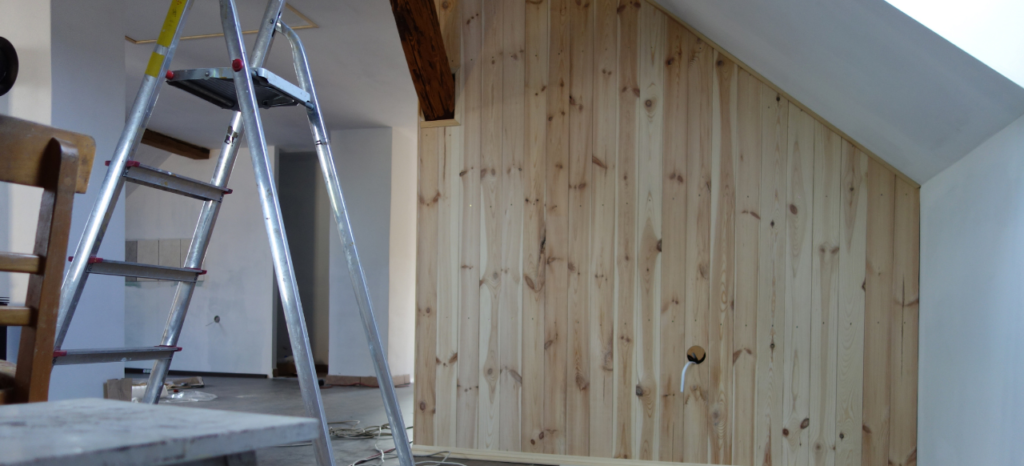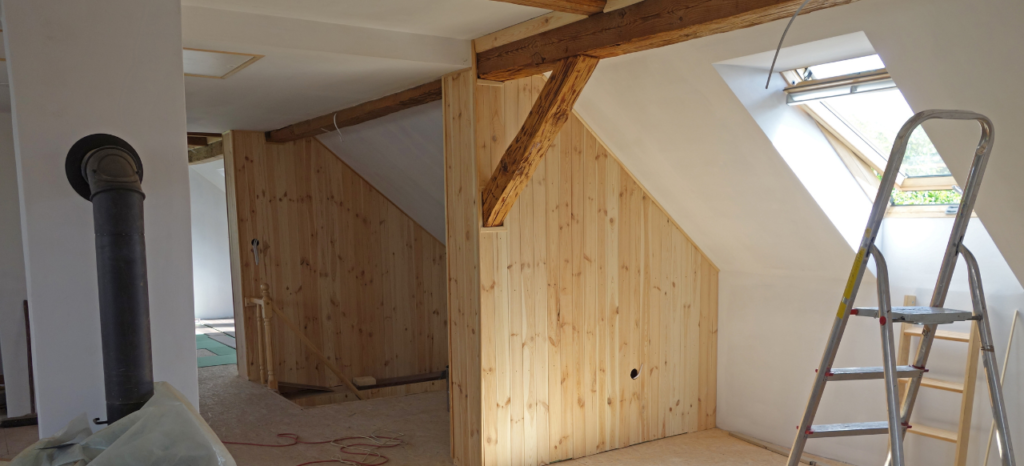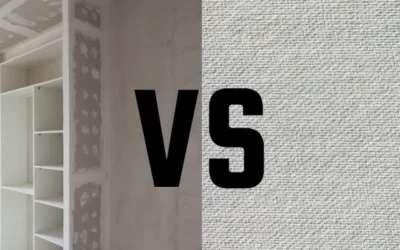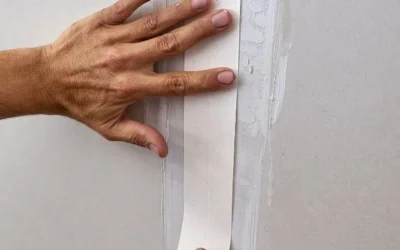We can’t deny it, house prices and living conditions in Sydney are increasingly making living conditions more difficult for Australian families. Finding ways to maximise the use of your living spaces will help you add more value to your property, make your house more functional as your family grows, and may even provide an extra stream of income to help reduce housing costs.
Renovations or extensions are expensive, however, if you own a property with an attic, you may be sitting on a gold mine, waiting to be uncovered.

If you want to add more living space to your home, you can turn your attic into an extra living space, whether self-contained or just another room of your house. No matter what your reason might be—extra entertainment space, additional family members, or the need for a home office space—the best way to use your attic is by maximising it. Many attics are purely used as storage spaces, but Sydney homeowners are switching on to the fact that an attic is another room and can be utilised much more effectively than a storage room.
When comparing the cost of transforming an attic into a living space compared to an extension or new build, the result is a no-brainer however not every attic is a viable living space depending on space, dimensions, ceiling height, and ventilation, to name a few. Before beginning any renovation works on your attic, be sure to consult with a builder about the viability of the project. Some questions to ask before proceeding with investing funds into your renovation include:
- Is my attic spacious enough, and suitable for conversion?
- Is my ceiling high enough?
- Will my project require council permits? If so, what costs will be involved?
If your attic ticks the boxes of being a viable project, now is the time to make it a functional, livable space. Areas that you will need to focus on to transform your attic into a functional living space are described below.
Soundproofing
Soundproofing an attic offers many benefits to your home. For one, it helps reduce impact noise, which is the noise generated by footsteps and other objects that move through open space which is important when you will have someone living above your bedroom. Secondly, soundproofing reduces echo. While many homeowners opt for rugs to combat the noise, many do not know that they can install interlocking floor tiles in their attics to reduce noise in a more effective way.
Another benefit of soundproofing an attic is that it helps cut down on your heating bill. Installing fiberglass or polyester batts, or reflective aluminium insulation can reduce noise within the attic and below. Alternatively, you can opt for cellulose, which is a plant-based alternative insulation material. This material can be installed in the form of batts or blown-in panels. However, it is important to keep in mind that cellulose can absorb water, which can lead to mould growth which is why it is important that the insulation is chemically treated prior to installation.
Soundproofing your attic not only reduces your audio stress but also offers you a green solution that will trim down your bills by thermoregulating, which is important in attics because of the fact that hot air rises to make attics prone to overheating. If noise is a problem, you may want to consider building a suspended ceiling on the side of your bedroom below the attic, this will allow for extra soundproofing if your budget allows.

Installing skylights and roof windows
Because attics are typically dark, enclosed spaces, it’s easy for mould to infest your belongings and the attic material itself. Installing a skylight is an ideal way to get rid of excess moisture in your attic. A skylight is also a great way to bring natural light into your attic space, without the risk of prying eyes. Another option is to have roof windows installed. The difference is that skylights are fixed, while roof windows allow you to enjoy the fresh air.
When choosing a skylight or roof windows, you should take a few factors into consideration, such as your roof’s shape and size, roofing materials, the pitch of the roof, as well as how you plan to use the space, whether it is necessary to have windows or whether a skylight will suffice.
Electrical work
A lot of attics are connected to the home’s main electrical circuit, which enables light switches or fans to work. Since your attic will be now used as an additional living space, it is essential to have working electrical wires than enable sufficient lighting, ventilation, power points, etc, in order to make the room functional. But if your attic has been unutilised for a long time, it’s best not to touch any exposed wiring, extensions, or switches prior to consulting a licensed electrician. Your electrician will be able to advise you on the best options for your space and help you decide on what electrical features and the location of the power points is ideal.
Plumbing
If you’re planning on transforming your attic into a completely self-contained space, you will need to have adequate and working plumbing in your attic, you need to make sure you’ve done your homework and are aware of the risks, especially when it comes to waterproofing and ventilation. You may also consider installing a dehumidifier to combat moisture problems in the attic. Plumbing is an important part of any functional living space, whether it be a toilet, shower, sink, or access to hot water. While most attics are designed for storage, plumbing can allow you to turn it into a fully contained living space.
Walls
A finished attic offers a multitude of possibilities. The space can serve as a family hangout area, a cinema-style movie room, a music room, or even an additional bedroom. It can also increase the value of your home. A plasterer will be the tradesperson who will make the interior walls fit for a living space, much like when plasterboard is installed in a new build, other services a plasterer would be involved in include the installation of a dropped ceiling installed if the roof cavity is exposed, after which a professional painter can be called in, or you can opt to do the painting yourself to allow for extra wriggle room in your budget.
Flooring
Flooring can be as simple as laying vinyl planks, sheeting, or carpet over your existing subfloor. Generally made of timber, your subfloor doesn’t have to be aesthetically appealing, it can simply be covered up, so long as it is structurally sound and able to support adequate weight. Your builder will be able to help you navigate flooring decisions if your subfloor needs a bit of work.

Conclusion
Attics are a great extension of your living space. You add more value to your property, you can enjoy more space and freedom, or gain another source of income by renting out your newly transformed attic!
Paul’s Plastering has been in the plastering industry for more than two decades now. For professional solutions offered at competitive prices, call 0415 801 028 for a free quote today.




